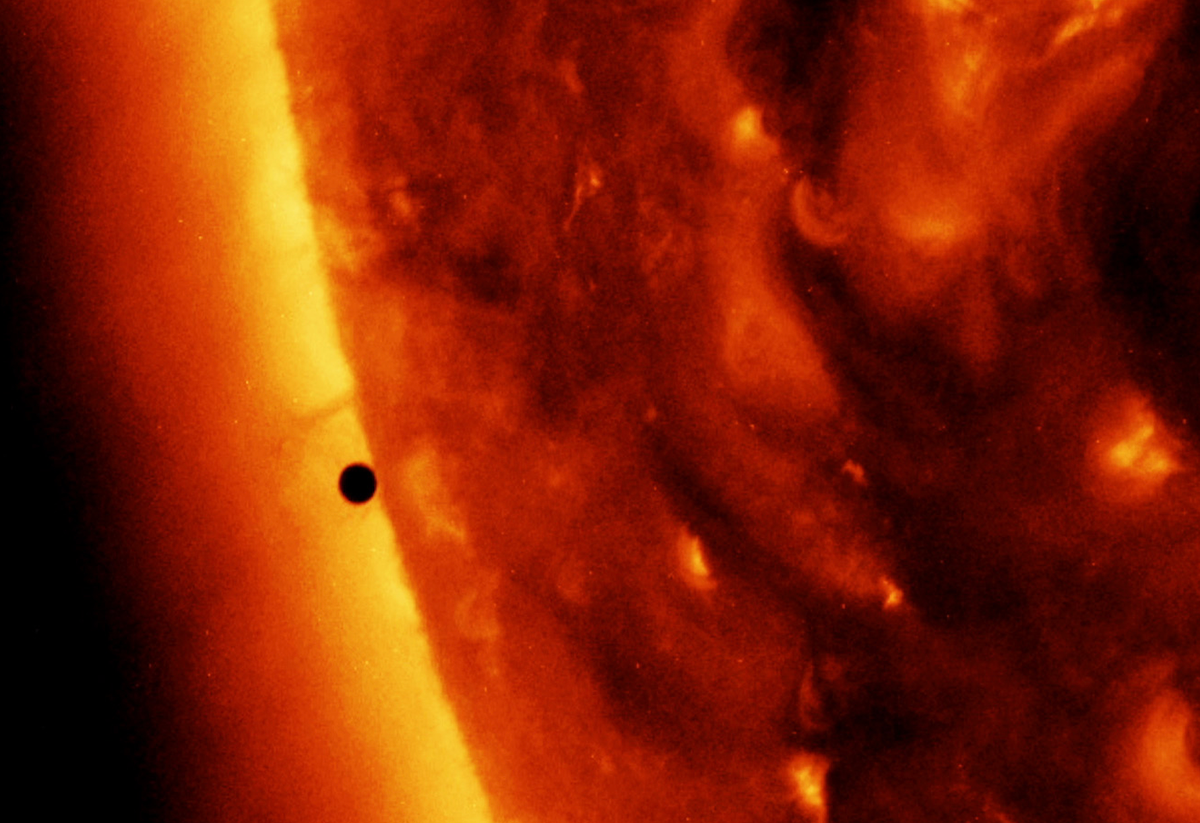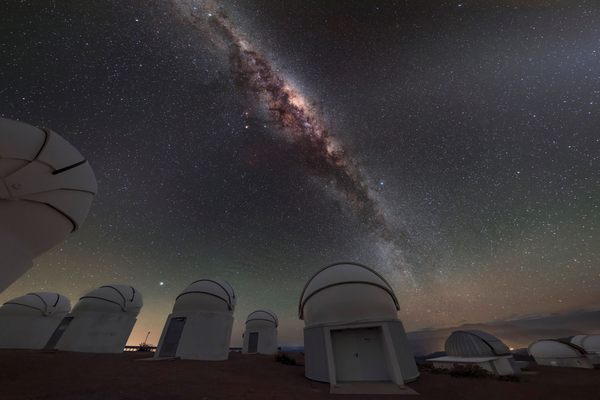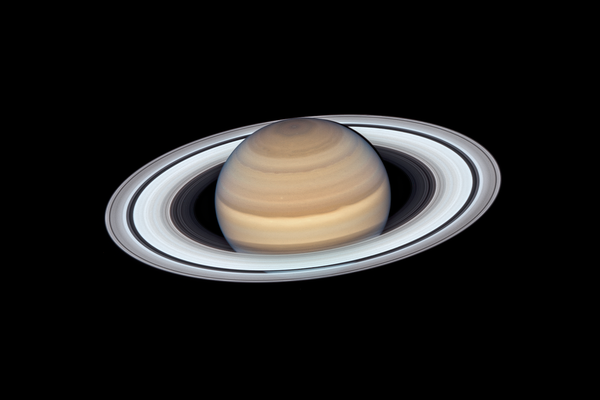Mercury Retrograde Is Ending, and It’s Up to You How to Feel About It
The first planet from the Sun doesn’t influence your love life or your luck, but it can help foster a cosmic connection.
Atlas Obscura’s Wondersky columnist Rebecca Boyle is an award-winning science journalist and author of the upcoming Our Moon: How Earth’s Celestial Companion Transformed the Planet, Guided Evolution, and Made Us Who We Are (January 2024, Random House). She regularly shares the stories and secrets of our wondrous night sky.
Mercury is a wasteland. It is an overbaked, Sun-blasted, empty little rock, more like the inner core of a world than a proper planet like its brethren Earth, Venus, and Mars. Mercury will never be a target in the search for extraterrestrial life. It would be almost as difficult to visit as Pluto or the Sun itself.
But the first planet from the Sun is one of the most powerful forces in astrology, especially when it appears to move backward across the sky. That’s why you might be hearing about the conclusion of Mercury’s fall 2023 retrograde this week; it ends on September 14. But don’t get too excited about it. Mercury retrograde doesn’t mean anything, physically, other than the time in our orbit when the small planet “catches up” to where Earth is located relative to the sun.
Imagine runners on a track, rounding a bend. The runner on the outer lane seems to fall behind, but when the track straightens out, the outer runner is again far in the lead. That’s basically what happens when a planet is “in retrograde.” To the outer runner (Earth), the one on the inside track (Mercury) appears to be moving backward—but isn’t. Mercury’s position in the sky day after day is all about your point of view.
In astrology, Mercury retrograde causes all sorts of headaches and mishaps. The planet is said to rule communication—the god of the same name was a messenger, after all—and when it moves backward, astrologers say to expect anxiety, miscommunication, uncertainty, even relationship problems.
There is, of course, absolutely no physical evidence that Mercury controls any of this; the only way one planet can theoretically influence another, let alone life on said planet, is through gravity, and Mercury’s gravitational effect on Earth is negligible.

Using these facts, some astronomers like to mock people who follow astrology, sometimes in ways that become toxic. I understand why—the fields are often conflated, to the frustration of professional and amateur astronomers alike—but I happen to think interest in astrology is totally valid.
Before anyone labels me a pseudoscience peddler, I am not about to argue that the planets influence our love lives, or that they are harbingers of success or failure. But I do think seeking cosmic connection is a way of finding meaning in our lives. And I think astrology is a gateway to this connection. What’s the harm in knowing where Earth’s sibling worlds are located? Who cares if people want to ascribe some higher meaning to these planetary positions? I seek higher meaning myself, in going out at midnight or before dawn to see those planets.
When I consider celestial objects and note where they are, I think about who I am, how we got here, why we are here, whether anyone else looks up at us the way we look up at the stars. I don’t know why more quotidian questions—what will happen this weekend, is my friend angry with me, did my boss misinterpret my last email—are any less valid.
Of course, my interest in Mercury retrograde is not whether a rock is going to hit my windshield (which happened, by the way). Instead, it’s about physics, and how much my knowledge of it fundamentally changes my outlook. When Mercury is retrograde, I realize anew that the planets are moving, and the Earth I am on is moving, and the Sun is moving, too, and we are all moving together through the cosmic void. Sometimes, this makes me realize how small my problems are.
Similarly, when Venus is retrograde, I believe this says nothing about whether I should have cosmetic procedures (though astrologers say no) and more about whether the planets can give me a much more profound glimpse of beauty.
Earlier this summer, you may remember that Venus experienced its greatest evening elongation, when it was as far as it can get from the Sun. It was in retrograde from July 22 through September 3, and this motion meant it vanished from the evening sky on August 13. Venus re-emerged in the morning later in the month. Venus will remain the morning star until March of next year, and then enter another retrograde phase that brings it back to the evening sky. The planet will be its brightest on September 19, and won’t be so bright again until February 2025, so it’s worth getting up before sunrise to take a look.
For Mercury’s part, the planet will reach its greatest elongation from the Sun on September 22. This is the best morning to take a look (in the Northern Hemisphere) if you have a clear view of the eastern horizon before sunrise.
You don’t have to worry about whether Mercury is moving forward or backward. You really won’t notice. But if you are interested in that all the same, I will not judge. Looking up at the planets is worth doing regardless of your motivation.
Is there something you’d like to know about our brilliant night sky? Share your stargazing questions with us and you may see them answered in a future Wondersky column!









Follow us on Twitter to get the latest on the world's hidden wonders.
Like us on Facebook to get the latest on the world's hidden wonders.
Follow us on Twitter Like us on Facebook